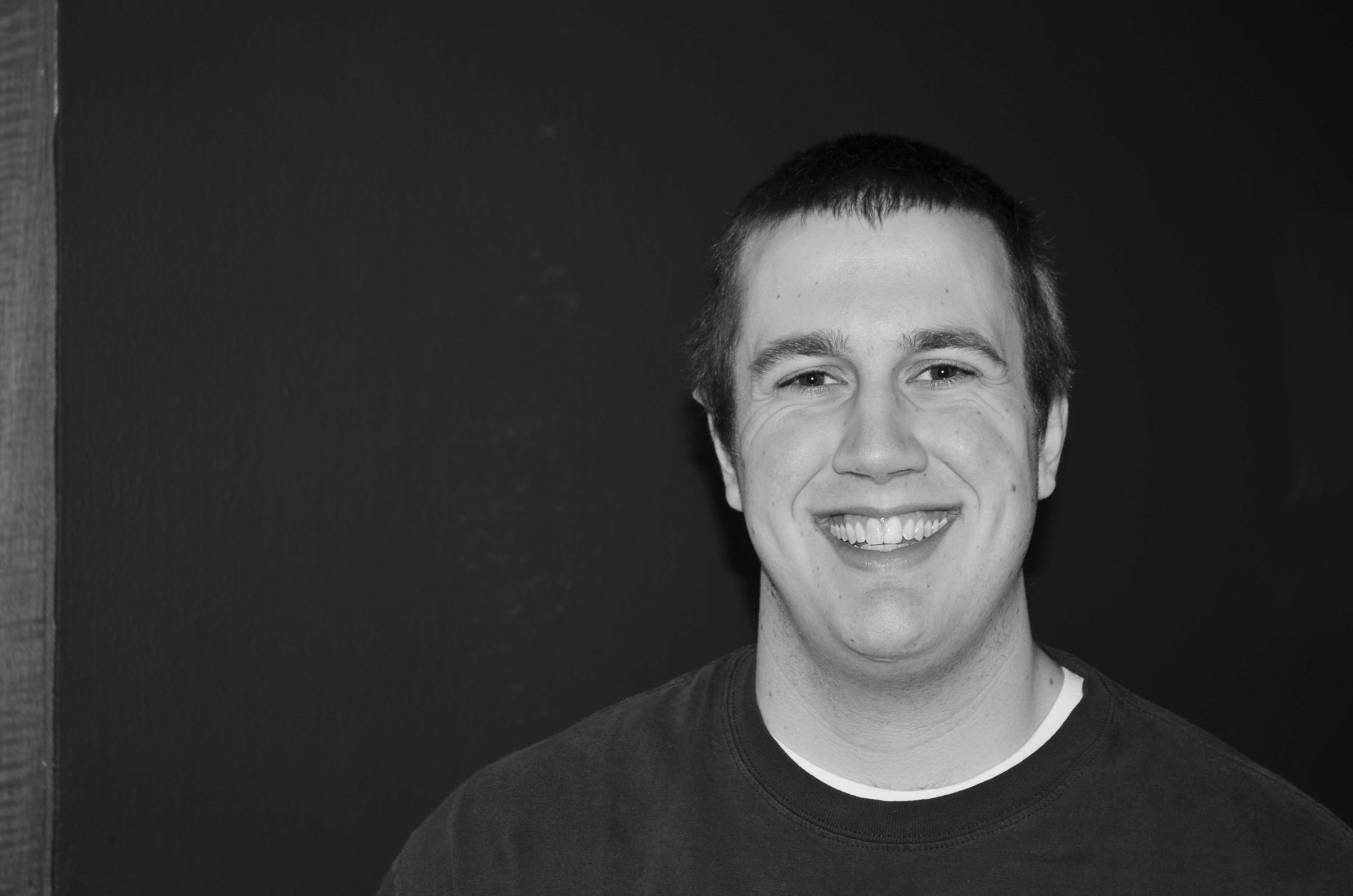Last week, The Observer featured an interview with next year’s new USG president, James Hale. Colin Williams, next year’s USG vice president of finance, will be joining Hale in the USG executive board to lead the student government into new places. The Observer talked with Williams about his plans in his new role and what he will adjust moving forward.
Greg Bokar: When did you originally get involved with USG, and what has your involvement been since then?
Colin Williams: I ran for freshman representative for Pierce House and actually lost. I served as an at-large for my first semester before being elected as a representative for the College of Arts and Sciences. I served in this role for about a year before replacing one of the treasurers who had left on co-op.
GB: What has been your favorite part about being in USG?
CW: Honestly, it is the wide range of people I’ve been able to meet since joining. Whether it is the administrators that we interface with or collaborating with other highly motivated students, people are the best part. Interfacing with all of the student groups constantly reminds me of how dedicated our students are to a variety of causes and interests.
GB: What do you believe the role of USG is at Case Western Reserve University?
CW: I believe that our job is to provide a strong voice for the students’ interests and needs. We should not be speaking for ourselves but for the students we are meant to represent. We should not be an authoritative group, but rather a launch pad to help improve our campus and community.
GB: How would you define the role of vice president of finance?
CW: The vice president of finance is chiefly responsible for ensuring the success of the student groups on campus. He or she is responsible, of course, for the oversight of the USG internal and external budgets, but budgets only tell you numbers. The vice president should serve as a guide, sounding board, and funding expert throughout the process from event inception to end.
GB: What is your perspective and outlook as you go into your new role as vice president of finance?
CW: Overall, I have a very optimistic outlook as we go into next year. This past school year, countless new clubs and organizations have formed. We have received and funded bigger and bolder requests, which I hope to see continue into next year. Our finance system isn’t perfect, but many components work well, considering we are dealing with over 150 organizations. Next year, I am going to work with the Finance Committee to help stabilize our funding process and work out some of the wrinkles in our system.
GB: Do you believe that the finance component of USG is in need of any reforms? If so, what are they?
CW: Of course there are! One area that is already under review is the reallocation process. Next year, our hope is that the funding process is more dynamic and more accommodating to groups. For example, if a group decides not to hold an event in September, that money will sit until at least January. Other groups would love to be able to use this money and we need to have a fair way to provide this opportunity. The other major area is the financial mechanism provided by CollegiateLink. Our system/policies and the functionality currently provided by CollegiateLink aren’t meshing perfectly, and this is something we will be carefully reviewing this summer and into next school year.
GB: In reference to mass funding specifically – how would you like to change the process as it stands?
CW: Two main ways: first, the Excel spreadsheets are good when they work, but as we have seen on multiple occasions, one unintentional, “wrong” click can cause disastrous events. Mass Funding for Spring 2013 will hopefully be completed online in the CollegiateLink system or an equivalent [system.] Second, the appeals for mass funding process will be re-done. I am still in the process of getting the details worked out, but appeals will be more personalized and accommodating to groups.
GB: Do you think that communication with USG constituents, when it comes to finance, is currently adequate?
CW: This one is hard to say. As much as I’d love to say, “Of course. We do everything in our power to communicate deadlines, policies, procedures, etc.,” our results show a different story. On the other hand, we can only do so much, after all. However, we will continue to improve our communication as we increase our committee size and usage of other USG committees, like Information Technology and Public Relations.
GB: Do you plan to change how you interact with USG student organization treasurers as vice president of finance?
CW: From my end, I want to continue the friendly and cooperative relationship with the student organization treasurers and presidents. As much as I would love to devote enough time to all of the organizations, I know that is not realistic. I am a student at Case Western, after all. However, we are going to be starting a Finance Committee Advocate (FCA) program (many details forthcoming). This FCA will be a member of the Finance Committee and will help guide groups, answer questions, and serve as that group’s advocate when funding requests come up. This person will coordinate with the USG treasurers to assist groups with answering funding questions, purchase request questions, and everything in between.


